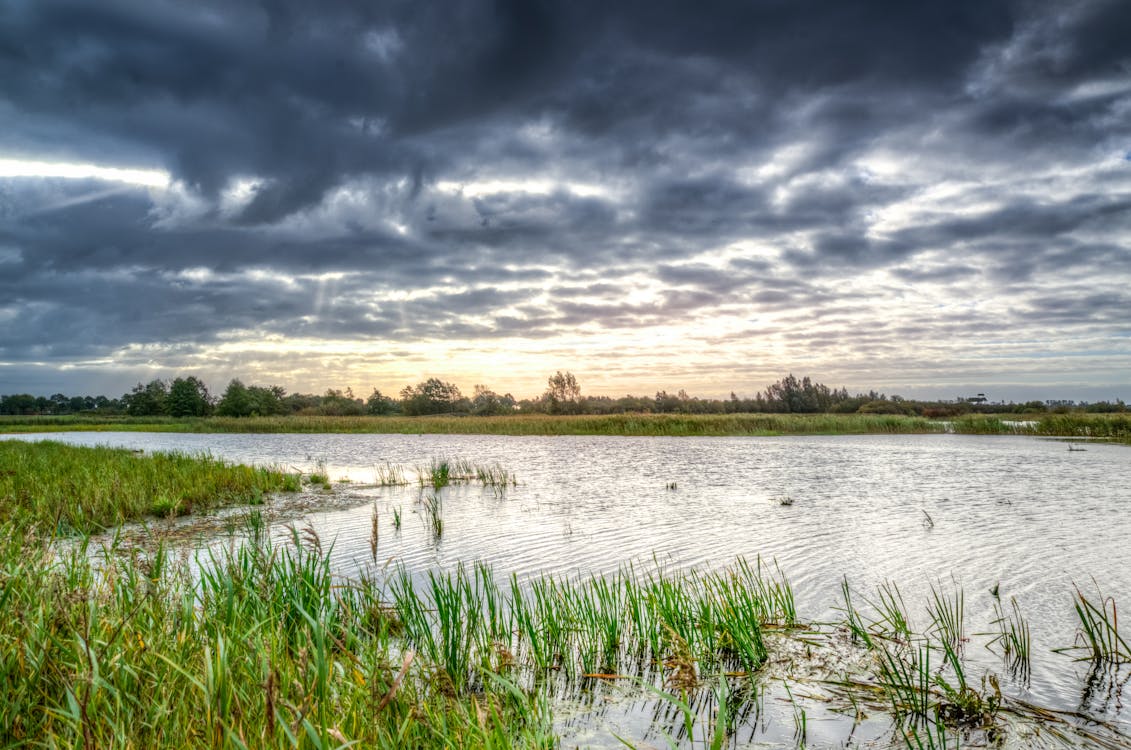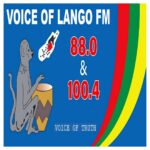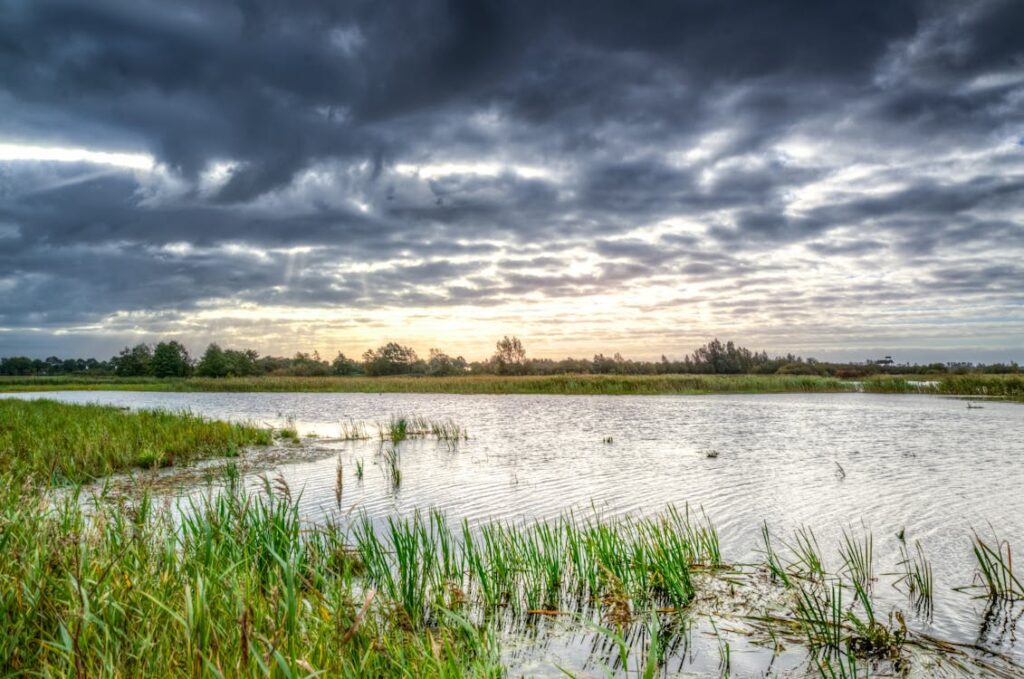
 Voice of Lango
Voice of Lango

 Voice of Lango
Voice of Lango
2 June 2025, 11:20 am

By Denis Ongora
The Office of the Resident District Commissioner (RDC) in Alebtong has initiated mediation efforts to address widespread wetland encroachment by local communities, a growing concern amid Uganda’s broader climate change and environmental challenges.
Deputy RDC Mathias Lutwama revealed that large portions of the district’s wetlands have been converted into farmland, primarily for rice cultivation.
He noted that while the Presidential directive banning cultivation in wetlands grants legal authority to evict encroachers, enforcement has been complicated by socio-economic realities, as many residents rely on wetlands for their livelihoods — some for over two decades.
Rather than resorting to forceful evictions, Lutwama says the district leadership is taking a more sustainable and inclusive approach.
He noted that plans are underway to clearly demarcate wetland boundaries, introduce alternative income-generating projects, and intensify public awareness campaigns about the environmental and climate risks of wetland degradation.
Lutwama highlighted sustainable practices such as aquaculture as viable alternatives that align with both conservation and economic goals.
These efforts come in the wake of criticism voiced by community members during a recent anti-corruption sensitisation outreach by the Inspectorate of Government, where the RDC’s office was accused of lax enforcement of presidential directives.
In Awei subcounty and Apala town council, local leaders have formed Wetland Management Committees at village and parish levels to preserve wetlands.
According to Sam Oyena Obonyo, LCIII Chairperson of Awei subcounty, the initiative is already producing positive outcomes, largely due to grassroots engagement and community-driven awareness campaigns.
Similarly, George Sunday Opio, LCIII Chairperson of Apala subcounty, confirmed the establishment of parallel structures aimed at combating continued encroachment.
However, he expressed concern that efforts are being undermined by neighboring subcounties where wetland cultivation persists unchecked.
Okwir Fazil, Chairperson of the Wetland Management Committee in Ojul parish, Apala subcounty, reported that joint sensitisation efforts with LCII leaders have led to the creation of 30-meter buffer zones along wetlands — a crucial step toward protecting these vital ecosystems.
The establishment of these local wetland committees forms part of a larger strategy to promote sustainable land use, mitigate climate impacts, and align with Uganda’s national conservation and climate resilience objectives.
President Yoweri Kaguta Museveni’s 2021 directive banning all forms of wetland cultivation marked a national turning point in environmental policy, underscoring the urgent need to restore degraded ecosystems and strengthen community adaptation to climate change.